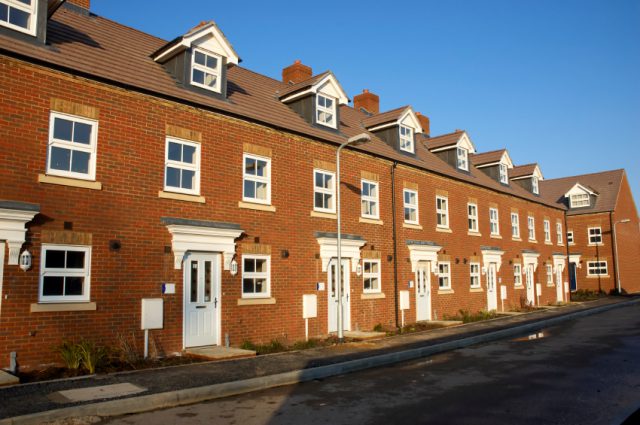Confidence in Housing Market Drops to Five-Year Low
Confidence in the housing market has dropped to a five-year low, according to the latest Housing Market Confidence Tracker from Halifax.
The report found that, although just over half of adults still believe that house prices will rise over the next year, almost the same proportion predicts a slowdown.

Confidence in Housing Market Drops to Five-Year Low
The most pessimistic are Londoners and the under-25 age group, Halifax found.
The report also shows that a rise in interest rates, which is widely expected this week, is not seen as a major barrier to buying a home, and nor is Stamp Duty. These findings arrive at a time when the Government is considering scrapping Stamp Duty for first time buyers.
The main barriers to buying a home were seen as the ability to raise a deposit, followed by job security, high house prices and household finances. Shortages of properties for sale and fees related to housing purchases were considered relatively minor obstacles.
Existing mortgage borrowers, who were asked whether a rise in interest rates would affect their ability to meet repayments, were mainly unworried, with 36% showing concern. This proportion is down by 6% from the 42% measured in 2014.
The Housing Market Confidence Tracker also found that house price optimism – a measure of whether house prices will be higher or lower in a year’s time – has dropped 14 points from April, to 30 points now, which matches the record fall seen following the EU referendum result.
Half of the 1,968 adults surveyed said that they expect house prices to increase over the next year – the lowest level since April 2013, when the proportion was 45%. Meanwhile, one in five think that house prices will fall – the highest level since October 2012.
When it comes to those who think that the next 12 months will be a good time to buy, London is the only region with a negative outlook. Those aged between 18-24 were the only age group with a negative buying outlook, while those over 65 were the most positive.
Across the country, 52% of adults said that they think the next year will be a good time to buy a property.
Selling sentiment, however, has become more negative, down by 11 points since April, to 6%.
Those aged 18-24 were least positive about selling, with 8% more negative than positive, while 35-54-year-olds had the highest level of optimism, with 20% more positive than negative.
Despite expectations of an interest rate rise, an increase was only perceived as the main barrier to buying a home by 15%. Instead, 61% named the ability to raise a deposit and 42% cited job security as the main barriers.
The Managing Director of Halifax Community Bank, Russell Galley, comments: “Housing market optimism has declined significantly over the past year, with almost half of people expecting a general slowdown in the market.
“Even with a potential base rate increase on the horizon, it’s significant that buyers’ concerns continue to be centred on raising deposits and job security, and, as such, we do not anticipate that an increase in base rate will have a significant effect on the demand for properties.”







